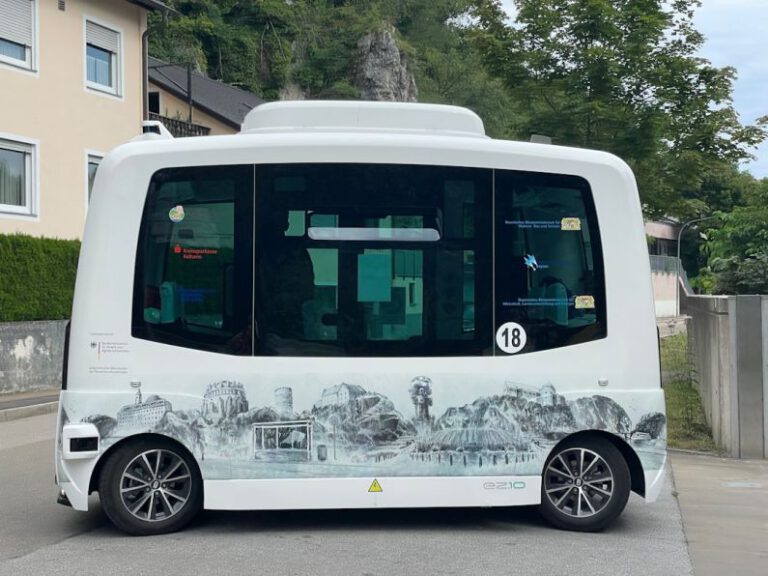Waste Not, Want Not: Innovations in Urban Waste Management
Urban areas around the world are facing a growing waste management crisis, with landfills overflowing and the environment suffering the consequences. However, innovative solutions are emerging to tackle this pressing issue and pave the way for a more sustainable future. From cutting-edge technologies to community-driven initiatives, cities are embracing new approaches to waste management that not only reduce environmental impact but also create valuable resources from what was once considered trash.
The Rise of Circular Economy Practices
One of the most promising trends in urban waste management is the adoption of circular economy practices. Instead of following the traditional linear model of take-make-dispose, cities are shifting towards a circular approach that aims to keep resources in use for as long as possible. This means reimagining waste as a valuable asset that can be repurposed, recycled, or composted to create new products or generate energy.
Waste-to-Energy Technologies
Innovations in waste-to-energy technologies are revolutionizing the concept of urban waste management. By converting organic waste into biogas or electricity, cities can not only reduce the amount of waste sent to landfills but also generate renewable energy to power homes and businesses. Anaerobic digestion and incineration are among the methods being used to extract energy from organic waste, turning a once burdensome problem into a sustainable solution.
Smart Waste Collection Systems
Smart waste collection systems are another cutting-edge innovation that is transforming how cities manage their waste. By utilizing sensors and data analytics, these systems optimize waste collection routes, reduce overflowing bins, and improve operational efficiency. This not only saves time and resources for waste management teams but also minimizes the environmental impact of transportation emissions associated with collecting and disposing of waste.
Community-Led Recycling Programs
Community-led recycling programs are playing a vital role in empowering residents to take charge of their waste and contribute to a more sustainable urban environment. Through education, outreach, and infrastructure support, these programs encourage individuals and households to separate recyclable materials, reduce contamination, and participate in local recycling initiatives. By fostering a sense of responsibility and ownership among community members, these programs are creating a culture of waste reduction and resource recovery at the grassroots level.
The Future of Urban Waste Management
As urban populations continue to grow, the need for innovative waste management solutions will only become more urgent. By embracing circular economy practices, waste-to-energy technologies, smart waste collection systems, and community-led recycling programs, cities can not only address the challenges of urban waste but also create a more resilient and sustainable urban environment for future generations. Waste not, want not: the key to a cleaner, greener future lies in reimagining waste as a valuable resource and harnessing the power of innovation to transform how we manage and dispose of our waste.






